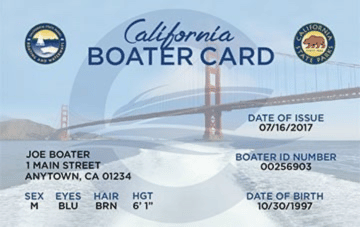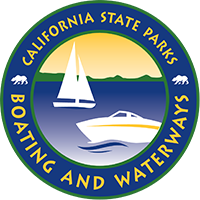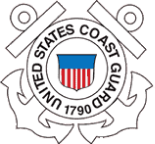BUI Laws in California
Table of Contents
- Introduction
- What Is Boating Under the Influence (BUI) in California?
- Legal Blood Alcohol Limits for Boaters in California
- Enforcement of BUI Laws in California
- Penalties for BUI in California
- Preventive Measures to Avoid BUI
- Frequently Asked Questions About California BUI Laws
- Conclusion
- Sources
California Boating Resources
Boating Under the Influence (BUI) Laws in California: What Every Boater Should Know
Introduction
Boating is one of California’s most beloved pastimes, but with that freedom comes serious responsibility. Operating a boat while under the influence of alcohol or drugs is illegal and dangerous. To keep waterways safe, California enforces strict Boating Under the Influence (BUI) laws that every boater should understand.
This guide will walk you through California’s BUI laws, legal limits, enforcement methods, penalties, and practical tips to avoid violations.
What Is Boating Under the Influence (BUI) in California?
In California, BUI refers to operating a watercraft while impaired by alcohol, drugs, or a combination of the two. This applies to motorboats, jet skis, sailboats with engines, and in some cases even paddle-powered vessels.
An operator is considered “under the influence” if they are unable to operate the vessel safely due to mental or physical impairment from substances. This is similar to the legal standard used for DUI on the road.
Legal Blood Alcohol Limits for Boaters in California
- Recreational operators age 21 and older: 0.08% BAC
- Commercial vessel operators: 0.04% BAC
- Operators under age 21: 0.01% BAC (zero-tolerance policy)
Keep in mind: You can still be charged with BUI even if you’re under these limits, as visible signs of impairment are enough for arrest and prosecution.
Enforcement of BUI Laws in California
BUI laws in California are enforced by several agencies:
- California State Parks Division of Boating and Waterways
- Local law enforcement, including sheriff’s departments
- United States Coast Guard (on navigable and federal waters)
Can Officers Stop My Boat Without Suspicion?
Yes. Unlike traffic stops, law enforcement can stop your boat at any time for a routine safety inspection or to check compliance with navigation laws—even without probable cause.
How Officers Test for Impairment
If impairment is suspected, officers may:
- Observe behavior, balance, and coordination
- Conduct field sobriety tests designed for boating conditions
- Use a breathalyzer or chemical test to measure BAC
Refusing a chemical test after arrest can trigger automatic penalties under California’s implied consent law.
Penalties for BUI in California
Penalties vary depending on prior offenses and whether the BUI resulted in injury or death.
First Offense (Misdemeanor)
- Fines up to $1,000
- Up to 6 months in county jail
- Mandatory boater safety course
- Probation or community service
Second Offense
- Higher fines and longer jail time
- Mandatory alcohol or drug education program
- Possible driver’s license suspension
BUI Causing Injury or Death
- Charged as a felony
- Fines and prison sentences of up to 10 years
- Restitution payments to victims
Preventive Measures to Avoid BUI
- Designate a sober operator: Always have someone stay sober to drive the boat.
- Limit alcohol use onboard: Alcohol dehydrates and impairs your senses—especially under the sun.
- Stay hydrated: Drink water and protect yourself from sun exposure to avoid fatigue.
- Know the rules: Take a boater safety course approved by California to stay informed.
Frequently Asked Questions About California BUI Laws
Can passengers drink alcohol on a boat?
Yes. Passengers may consume alcohol, but the operator must remain sober at all times.
Will a BUI affect my driver’s license?
It can. While BUI is a separate offense from DUI, certain BUI convictions—especially those involving injury or refusal to test—can impact your driver’s license.
What happens if I refuse a BAC test?
Refusing a chemical test may lead to increased fines, loss of boating privileges, and possibly suspension of your driver’s license under California’s implied consent laws.
Conclusion
Boating under the influence is not just unsafe—it’s a criminal offense in California. Understanding the laws and taking steps to stay sober behind the wheel of a boat can save lives and keep your boating experience fun and legal.
If you’re a frequent boater, consider completing a California-approved boater safety course to stay up to date on laws, responsibilities, and best practices on the water.
Sources
- California Harbors & Navigation Code § 655
- California State Parks – Division of Boating and Waterways
- California Department of Motor Vehicles – Boating Laws
- U.S. Coast Guard – Boating Safety Resource Center




